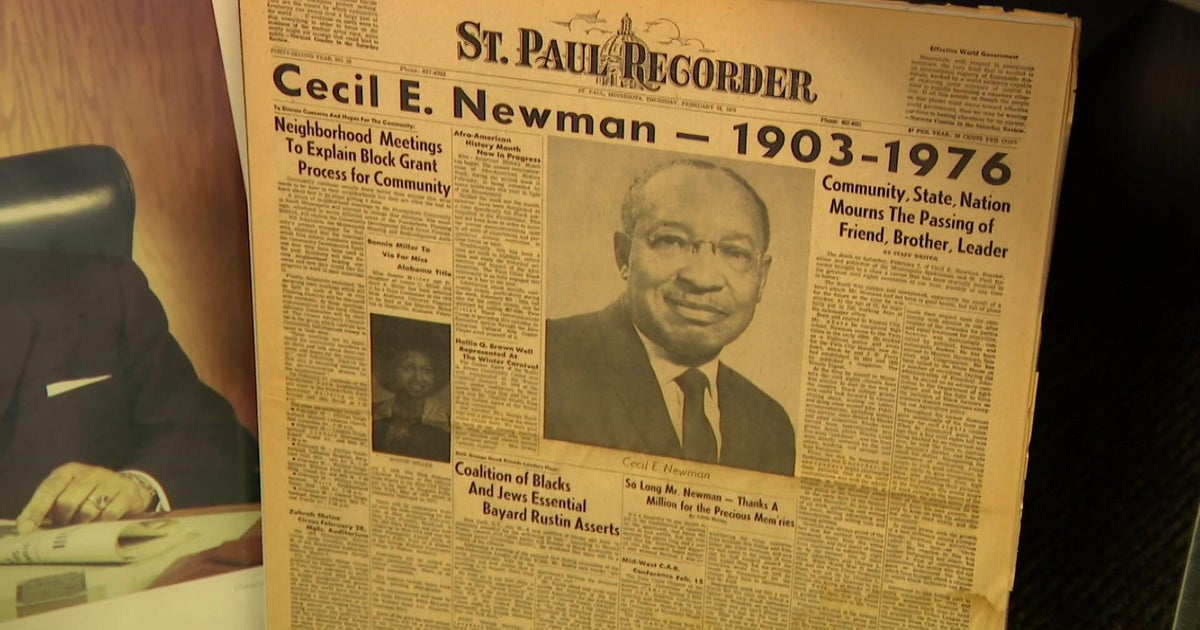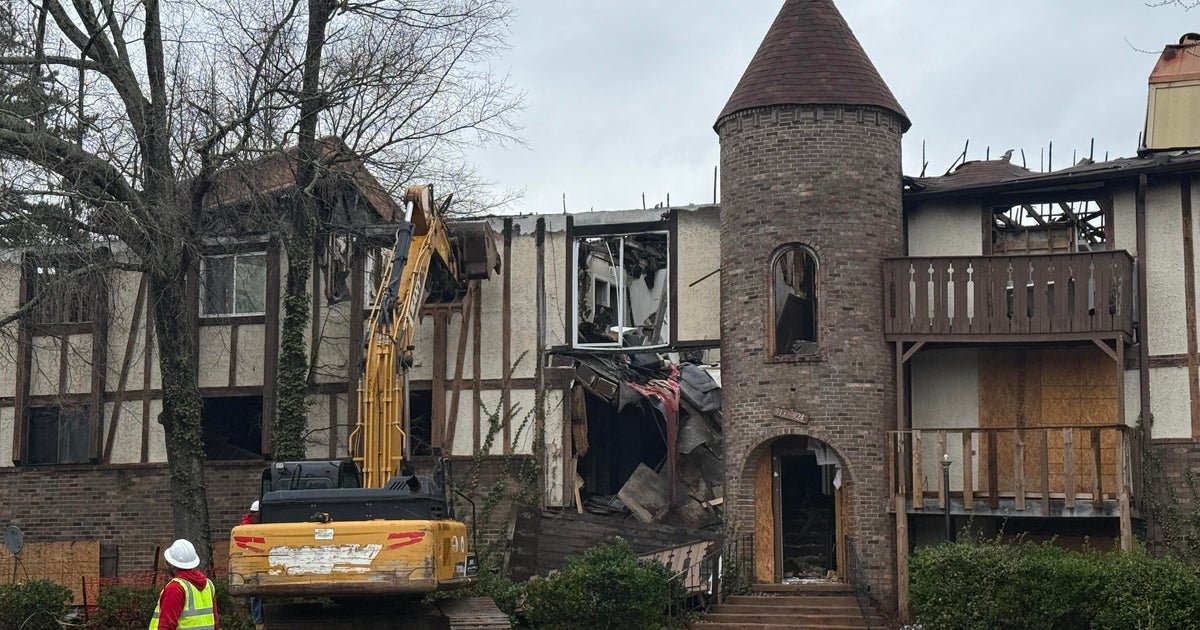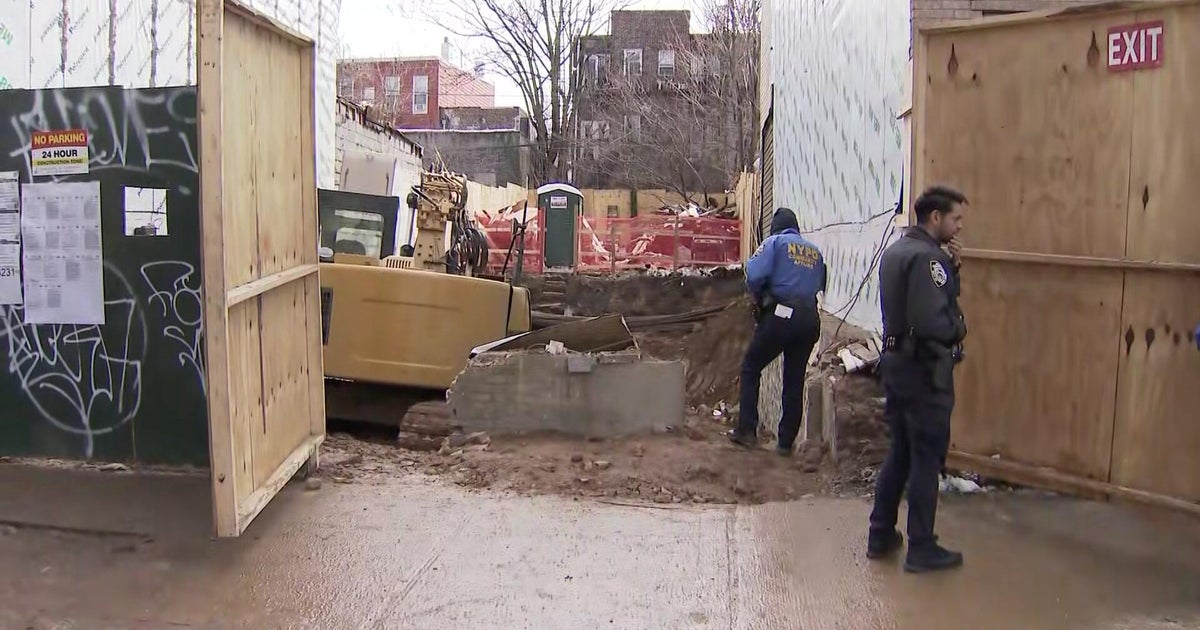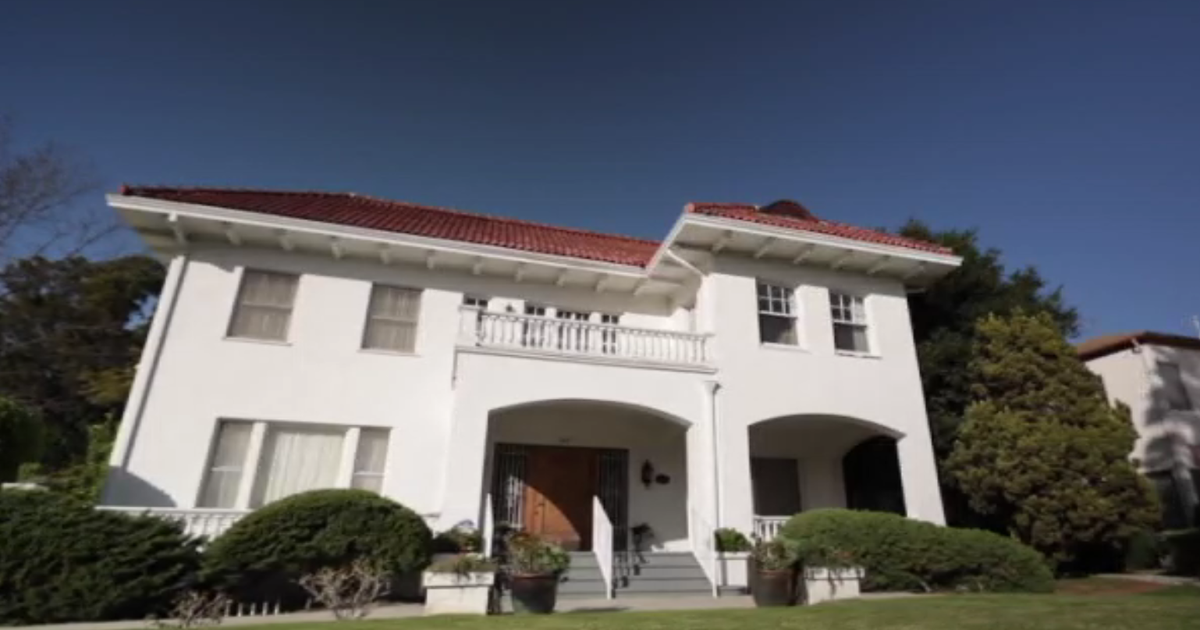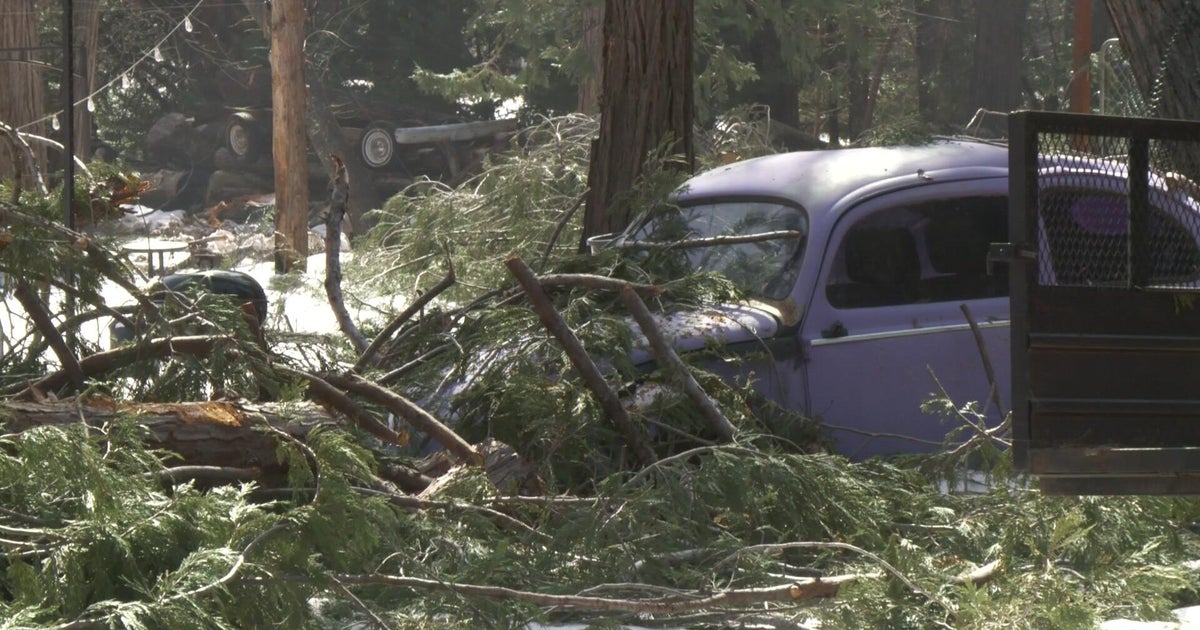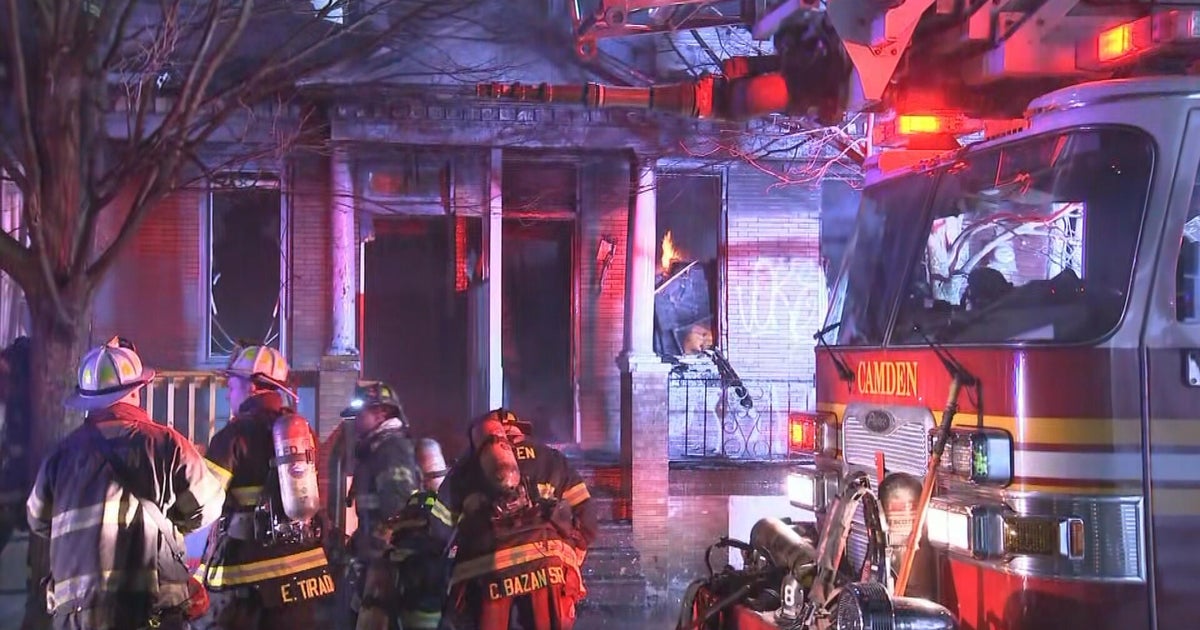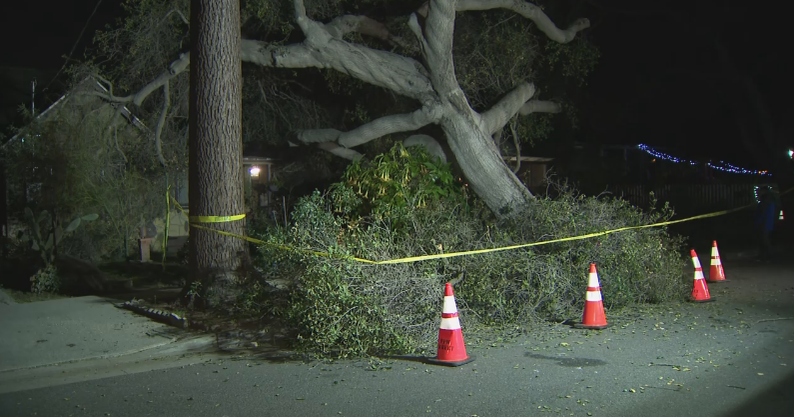Congregants mourn demolition of historic Brooklyn synagogue
NEW YORK - The sight of demolition crews pulling down the historic sanctuary at 1006 Greene Ave. in Bed-Stuy, Brooklyn, was hard to watch for Rabbi Baruch Yehudah, leader of B'nei Adath Kol Beth Yisrael.
"We've run soup kitchens for years, and clothing drives, and we'd drive around and cover up people on the street," he told CBS New York's Hannah Kliger.
His community was founded in 1954 in Harlem and has been worshipping from the Greene Avenue temple since 1967.
In 2017, the building suffered a major fire, which was later determined to be caused by a contractor who was doing repairs to the roof. Worshippers were left without a permanent home.
"We would rotate, you know, each month we would visit a different place. We even ended up in the Rabbi's house in his living room doing services for a period of time until we got to the space that we were renting now," recalled Executive Treasurer Deborah Mack.
The building has been unusable since the fire, and the congregation said it knew it would have to eventually be demolished. But Department of Buildings says it issued an emergency declaration to take it down after one of its walls collapsed and started leaning on a neighboring building. Demolition began in late March.
The congregation owns the land and will have to pay the city back for the work.
Leaders say the sight of the broken building reinforces their desire to return.
"We are planning to put the synagogue back here, with some housing and hopefully some community components that will make our mission here even better than it was before," Rabbi Yehudah says.
Their lawyer, Susan Zinder, says worshippers are now speaking with an architect and developers.
"The congregation always wanted to do community housing for this community. It didn't want to be the source of gentrification," she says.
Mayor Eric Adams announced a new plan to help religious institutions build affordable housing, and State Senator Andrew Gounardes is sponsoring a similar bill, the Faith Based Affordable Housing Act, in Albany.
The goal is to streamline the development process for institutions like these.
"Currently churches, synagogues, mosques, temples, they have the ability to develop housing if they want to. They just have to go through a very cumbersome process that in some cases could take years and years and years and really draws it out," Gounardes said.
It's the end of an era for hundreds of worshippers who prayed in the 200-year-old building, but in some ways, it's also the first step towards their new spiritual home.
Have a story idea or tip in Brooklyn? Email Hannah by CLICKING HERE.

